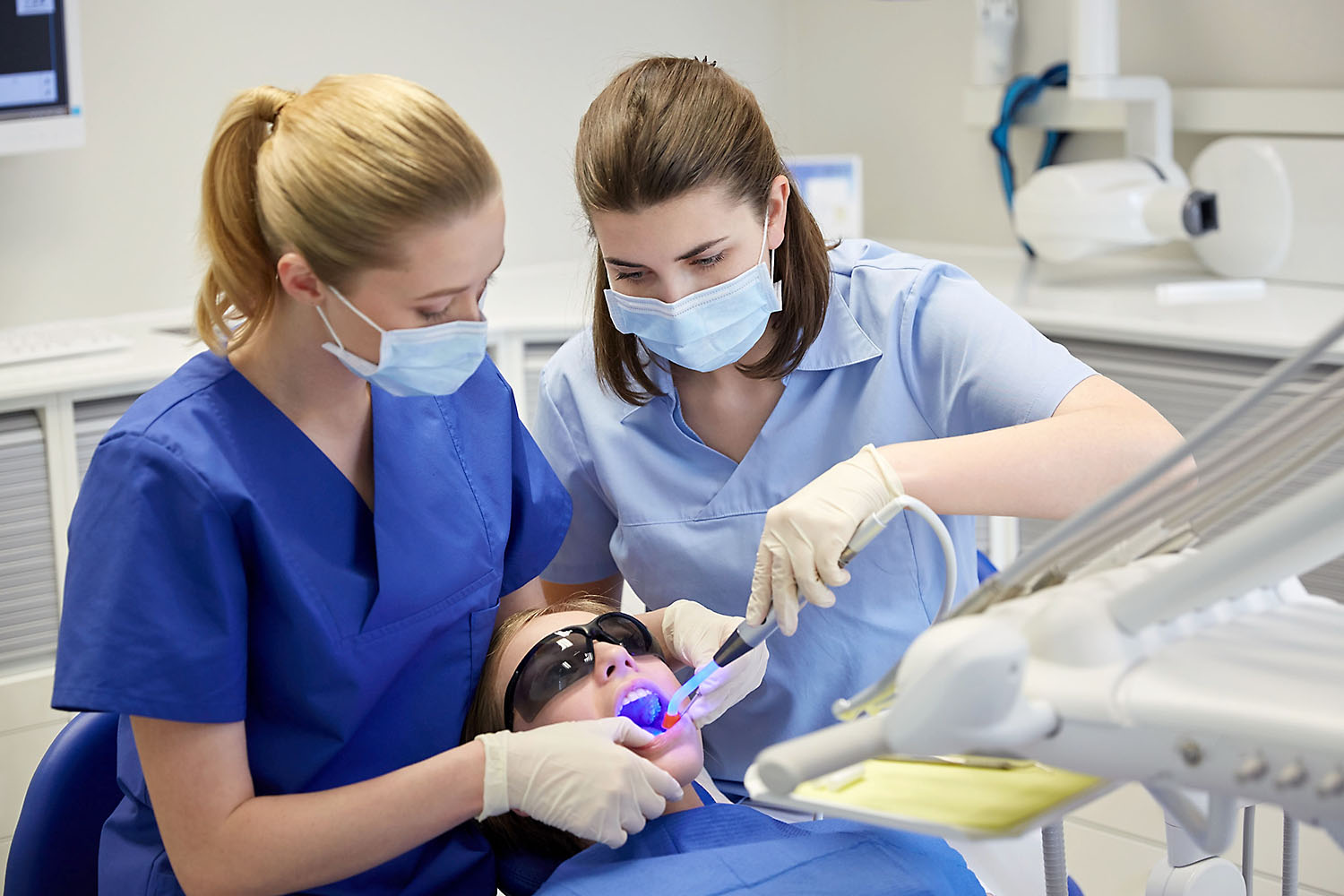A Guide to Typical Oral Conditions That Require a Dentist's Care
Comprehending the variety of oral conditions that require expert care is vital for preserving optimal oral health. Toothaches, for example, can be symptomatic of serious problems such as tooth cavities, split teeth, or abscesses, each needing particular treatments like dental fillings or root canals. Gum condition, from the early phases of gingivitis to a lot more severe periodontitis, emphasizes the relevance of normal dental check-ups and cleanings. Furthermore, impacted wisdom teeth and jaw problems can introduce substantial discomfort and problems. Making certain prompt sees to the dentist can alleviate these issues effectively, yet just what are the treatments and signs entailed?
Toothaches
Toothaches are a typical oral condition that can range from moderate pain to extreme pain, usually suggesting a hidden issue that needs specialist focus. This pain can originate from a variety of sources, consisting of oral cavities, split or fractured teeth, and oral abscesses. Each of these problems presents substantial risks if left unattended, potentially bring about extra extreme difficulties.
Oral tooth cavities, additionally understood as cavities, are caused by the buildup of plaque that erodes tooth enamel, leading to openings or pits in the impacted teeth. Abscesses are agonizing infections at the origin of a tooth or between the gum and a tooth, typically resulting from extreme degeneration or without treatment tooth cavities.
Effective therapy of toothaches entails attending to the origin. This might include fillings for dental caries, crowns for broken teeth, or root canals and anti-biotics for abscesses. Early treatment by a dental professional can protect against more damage and alleviate discomfort, guaranteeing optimal dental health and wellness.
Gum Condition

The key reason of periodontal disease is microbial plaque, a sticky, anemic film that continuously forms on teeth. Poor dental hygiene, smoking, hereditary tendency, and certain clinical conditions, such as diabetes, can worsen the danger of developing periodontal disease. Normal dental exams are crucial for very early detection and monitoring of this condition.
Therapy for periodontal disease varies from professional oral cleaning and scaling to advanced treatments like root planing and gum surgical treatment, depending upon the seriousness. Keeping good dental health practices, including brushing two times daily, flossing, and using a disinfectant mouthwash, can dramatically decrease the danger of gum illness and advertise healthier gum tissues.
Tooth Cavities
Dental caries, also called oral caries, are an usual dental problem identified by the devastation of tooth enamel due to acid-producing germs in the mouth. These microorganisms thrive on sugars and starches from food and beverages, generating acids that progressively erode the enamel, causing dental caries formation.
Early-stage tooth cavities might not reveal signs and symptoms, but as they advance, they can create tooth pain, level of sensitivity to hot or cold, visible openings or pits in the teeth, and discoloration. If left untreated, tooth cavities can permeate much deeper layers of the tooth, possibly causing extreme discomfort, infection, and also missing teeth.
Preventing cavities involves a combination of good oral hygiene practices and dietary habits. Regular brushing with fluoride toothpaste, flossing, and regular oral exams are important. Dental practitioners might additionally advise added safety nets, such as fluoride therapies and oral sealants, to safeguard teeth from decay.
Treatment for cavities relies on their severity. Minor dental caries can be addressed with dental fillings, which recover the tooth's structure. More innovative cases may require crowns and even origin canal therapy if the decay has actually reached the tooth's pulp. Prompt treatment by a dental expert is vital to stop problems and maintain total oral health.
Impacted Wisdom Pearly Whites
Impacted Your Domain Name knowledge teeth are a prevalent oral issue that happens when the third molars, commonly referred to as knowledge teeth, fail to totally emerge or straighten properly within the mouth. This problem frequently arises from insufficient area in the jaw or an unusual development angle of the teeth. Impacted wisdom teeth can result in a selection of issues, including damages, discomfort, and infection to nearby teeth.
When knowledge teeth become influenced, they are usually partially emerged or continue to be entirely below the periodontal line. This partial eruption can develop a pathway for germs to go into the gum tissues, leading to infections that materialize as swelling, pain, and also high temperature (dentists eugene). In addition, impacted wisdom teeth can put in pressure on surrounding teeth, possibly creating crowding find here or changing
An extensive dental examination, generally involving X-rays, is essential for diagnosing influenced knowledge teeth. Normal dental check-ups go to this website are suggested to check the problem and maintain oral health and wellness.
Jaw Conditions
Final Thought

Oral dental caries, likewise recognized as cavities, are caused by the accumulation of plaque that wears down tooth enamel, leading to holes or pits in the affected teeth. Abscesses are uncomfortable infections at the root of a tooth or between the gum and a tooth, normally resulting from serious degeneration or neglected cavities.
Influenced wisdom teeth are a common oral concern that happens when the 3rd molars, generally referred to as wisdom teeth, fall short to fully arise or align effectively within the mouth. Influenced knowledge teeth can lead to a variety of issues, consisting of infection, damage, and pain to surrounding teeth.
Additionally, affected wisdom teeth can apply stress on bordering teeth, possibly creating crowding or moving.